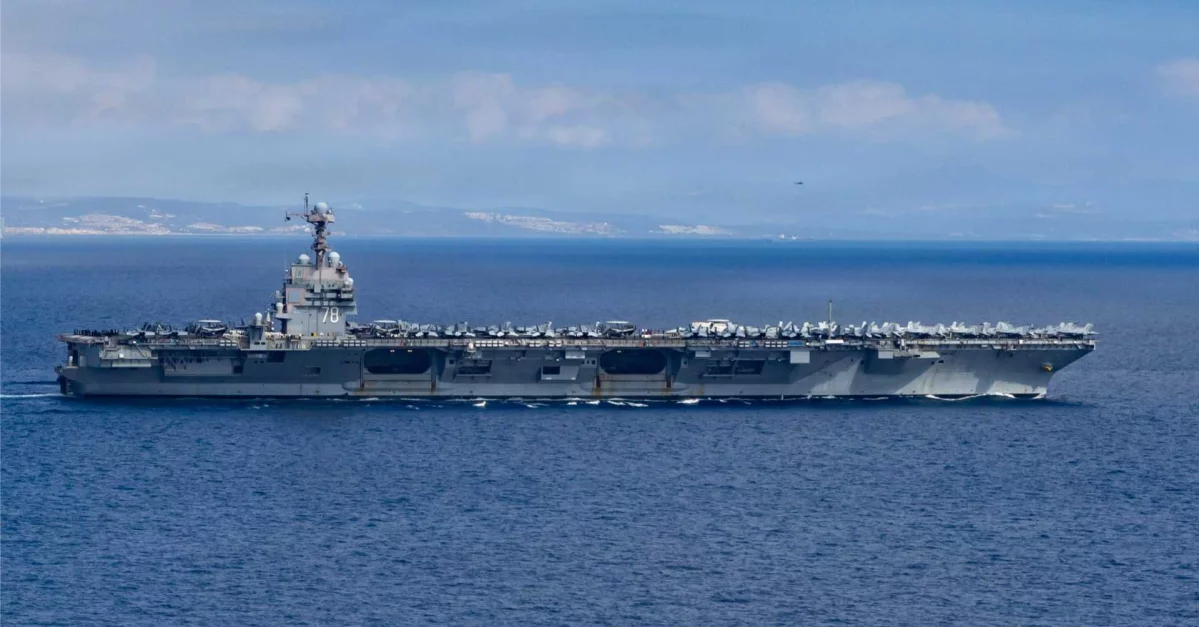The geopolitical temperature surrounding Venezuela has once again reached a fever pitch, fueled by recent US media reports hinting at the possibility of military strikes against Venezuelan military sites. These speculative reports emerged even as former President Donald Trump publicly denied such intentions, creating a complex and somewhat contradictory narrative that demands closer examination. This unfolding situation, initially brought to light by outlets like Army Recognition, underscores the persistent volatility in US-Venezuelan relations and the intricate dance between official statements and intelligence leaks.
For years, Venezuela has been a country in crisis, grappling with political instability, economic collapse, and a humanitarian emergency. The United States has been a vocal critic of the Maduro regime, imposing sanctions and supporting opposition movements, often citing concerns over democracy, human rights, and the regime’s alleged involvement in drug trafficking and ties to malign foreign actors. It is within this highly charged context that the whispers of potential military action gain traction, regardless of their immediate veracity.
The US media reports, while speculative, are not entirely without a foundation of past rhetoric. During his presidency, Donald Trump famously stated that “all options are on the table” regarding Venezuela, a phrase widely interpreted to include military intervention. While direct military action never materialized, the threat lingered, shaping perceptions and maintaining a high level of tension. Therefore, even a seemingly innocuous report can trigger alarm bells, especially when it touches upon such a sensitive and potentially escalatory topic.
Trump’s subsequent denial, as reported, adds another layer of intrigue. On one hand, a presidential denial aims to de-escalate and reassure, signaling that such actions are not currently on the agenda. On the other hand, the very act of denying something often implicitly acknowledges that the idea has, at some point, been considered or discussed within certain circles. In the realm of international relations, public denials can sometimes be strategic moves to manage perceptions, buy time, or even to gauge reactions. It leaves many wondering if the denial is absolute or a temporary pause in consideration.
The sources behind such media reports are often varied, ranging from anonymous intelligence officials and think tank analyses to leaks from within government or military planning circles. These leaks, whether intentional or not, can serve multiple purposes: to test public reaction, to send a signal to adversaries, or to pressure policymakers. In the absence of definitive official confirmation, these reports become part of the broader information warfare landscape, influencing public opinion and shaping diplomatic exchanges.
The implications of even the discussion of potential strikes are profound. Firstly, it further destabilizes an already fragile region. Any military action, or even the credible threat of it, against a sovereign nation carries immense risks, including civilian casualties, regional spillover, and a potential humanitarian catastrophe. It can also galvanize nationalist sentiment within Venezuela, potentially consolidating support for the very regime the US seeks to undermine.
Secondly, it complicates international relations. While some US allies might support a harder line against the Maduro regime, overt military intervention is often met with significant international condemnation, raising questions of sovereignty and international law. This could isolate the US and undermine efforts to build broader coalitions on other pressing global issues.
Finally, the focus on military options can overshadow and detract from other, potentially more effective, diplomatic and economic strategies. Sanctions, targeted aid, and support for democratic institutions are long-term tools that, while slower, often yield more sustainable results without the inherent risks of military conflict.
In conclusion, the confluence of US media reports on potential Venezuelan strikes and Donald Trump’s subsequent denial creates a murky, yet critically important, moment in US-Venezuelan relations. While the immediate threat may be unclear, the underlying tensions and the possibility of escalation remain palpable. This situation underscores the need for careful diplomatic navigation, transparent communication, and a clear strategic vision to avoid further destabilization in a region already teetering on the brink.



